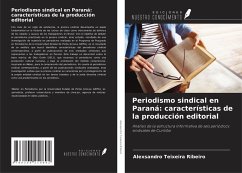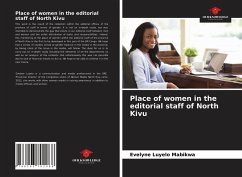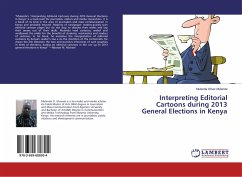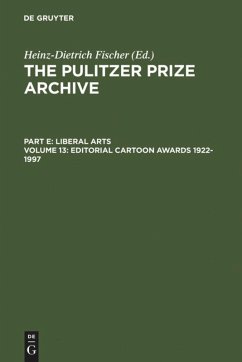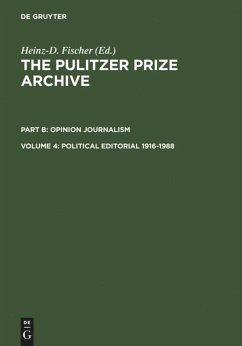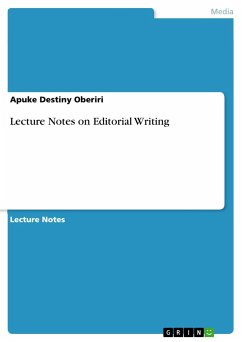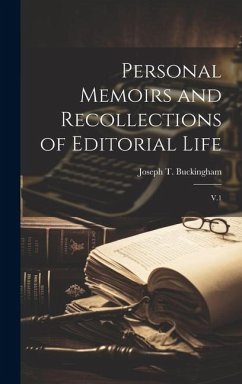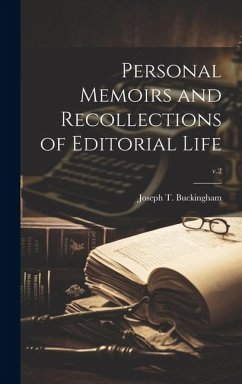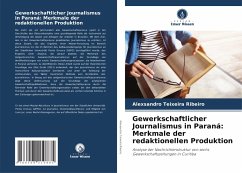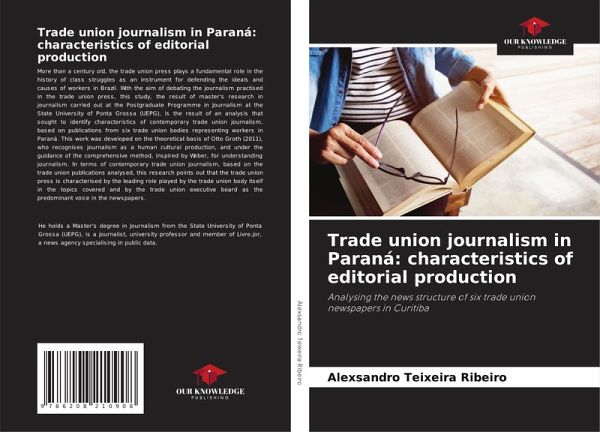
Trade union journalism in Paraná: characteristics of editorial production
Analysing the news structure of six trade union newspapers in Curitiba
Versandkostenfrei!
Versandfertig in 6-10 Tagen
47,99 €
inkl. MwSt.

PAYBACK Punkte
24 °P sammeln!
More than a century old, the trade union press plays a fundamental role in the history of class struggles as an instrument for defending the ideals and causes of workers in Brazil. With the aim of debating the journalism practised in the trade union press, this study, the result of master's research in journalism carried out at the Postgraduate Programme in Journalism at the State University of Ponta Grossa (UEPG), is the result of an analysis that sought to identify characteristics of contemporary trade union journalism, based on publications from six trade union bodies representing workers i...
More than a century old, the trade union press plays a fundamental role in the history of class struggles as an instrument for defending the ideals and causes of workers in Brazil. With the aim of debating the journalism practised in the trade union press, this study, the result of master's research in journalism carried out at the Postgraduate Programme in Journalism at the State University of Ponta Grossa (UEPG), is the result of an analysis that sought to identify characteristics of contemporary trade union journalism, based on publications from six trade union bodies representing workers in Paraná. This work was developed on the theoretical basis of Otto Groth (2011), who recognises journalism as a human cultural production, and under the guidance of the comprehensive method, inspired by Weber, for understanding journalism. In terms of contemporary trade union journalism, based on the trade union publications analysed, this research points out that the trade union press is characterised by the leading role played by the trade union body itself in the topics covered and by the trade union executive board as the predominant voice in the newspapers.





